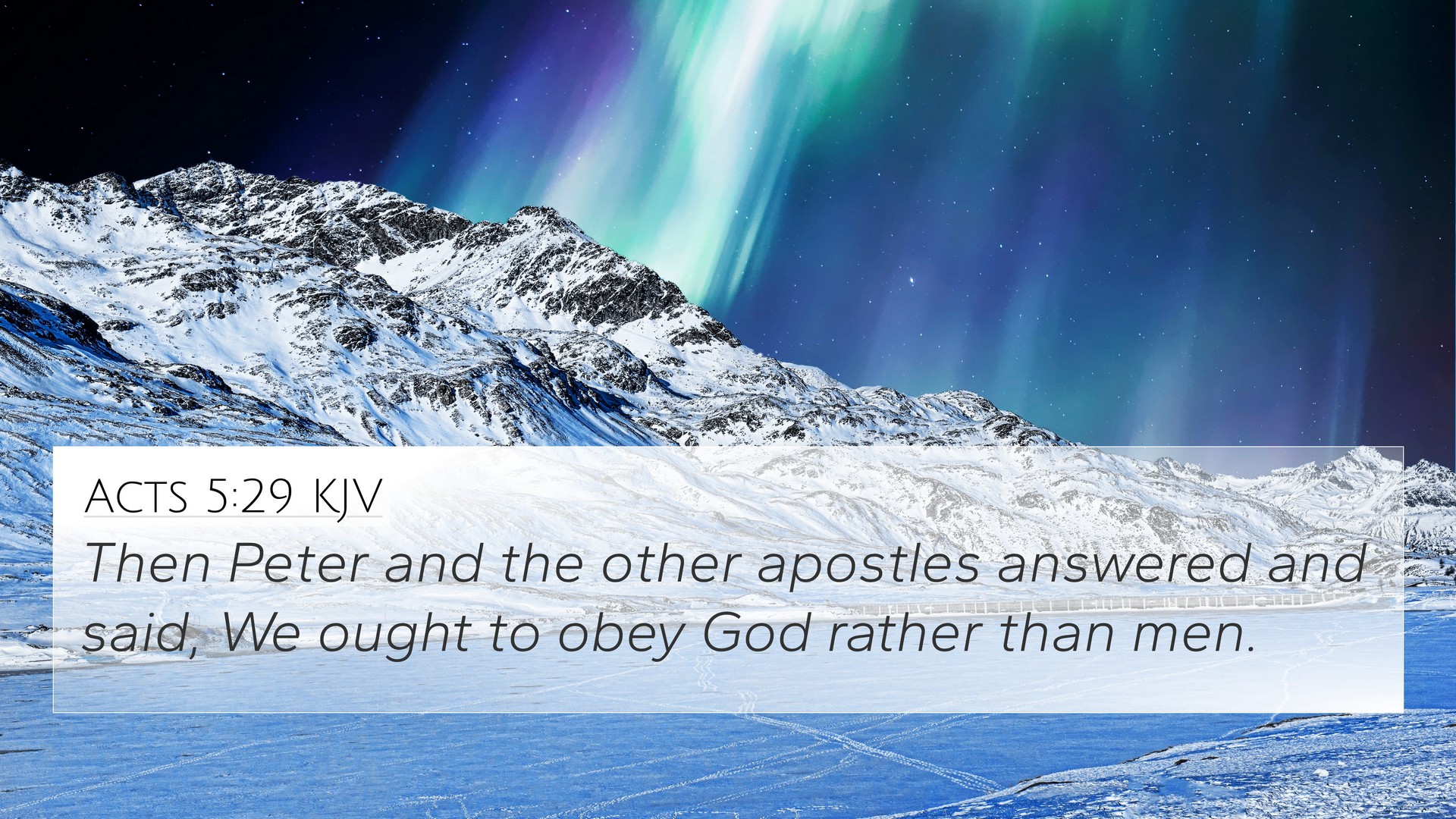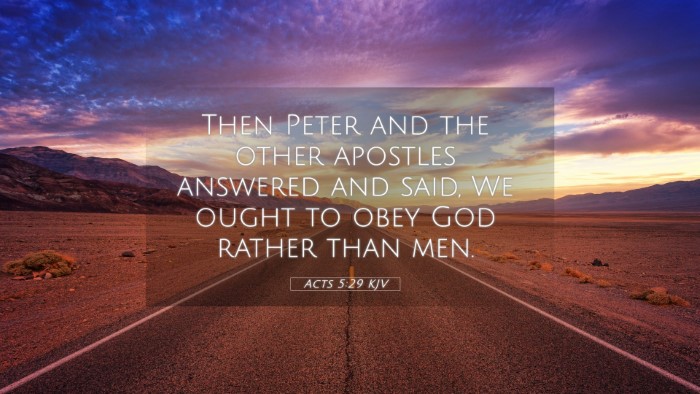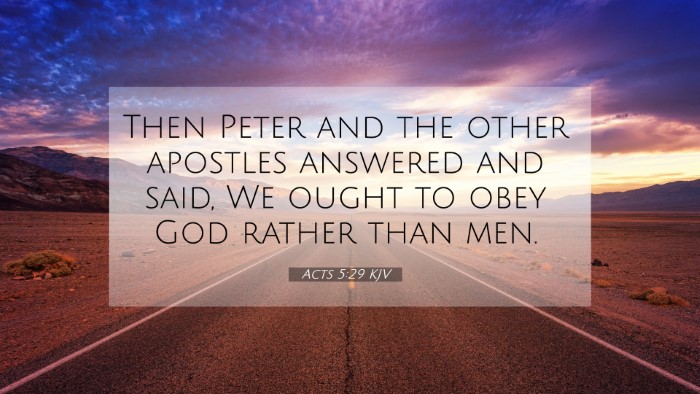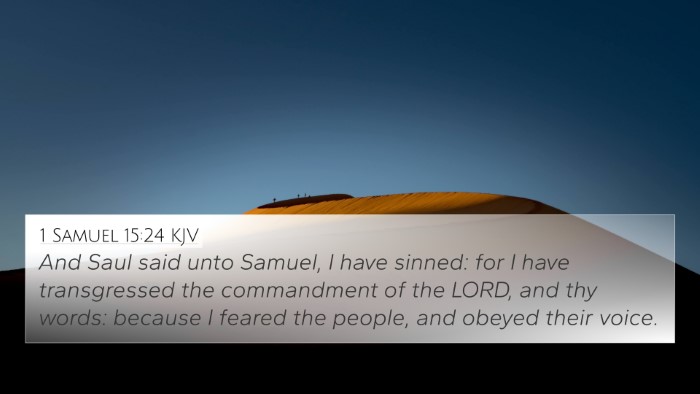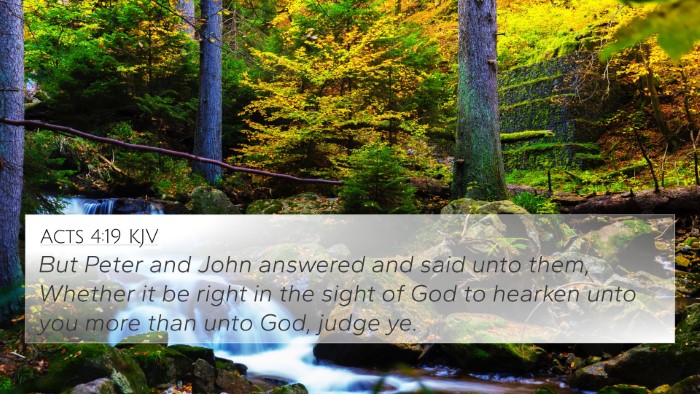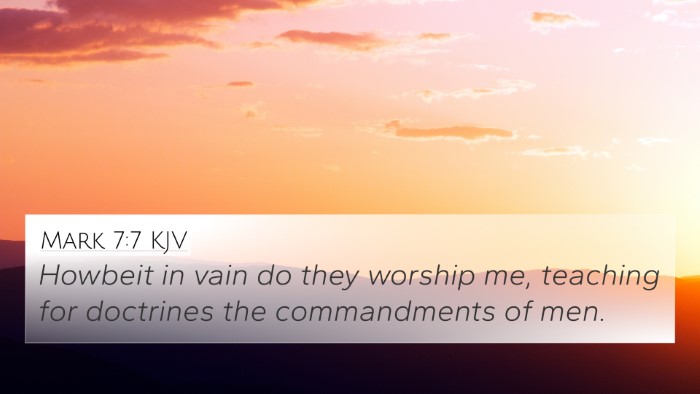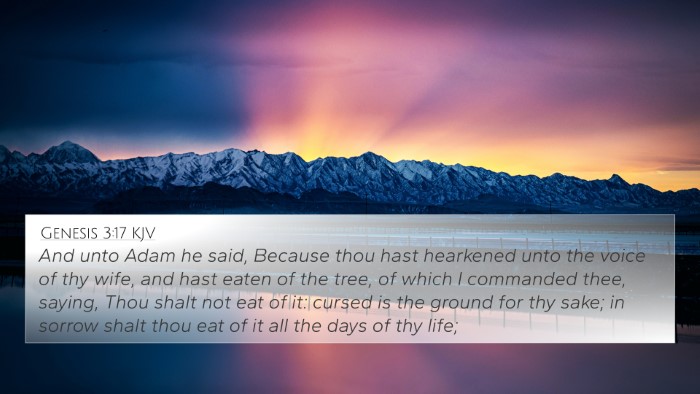Understanding Acts 5:29
Bible Verse: Acts 5:29 - "But Peter and the apostles answered, 'We must obey God rather than men.'
Meaning and Interpretation
The verse serves as a pivotal declaration of the apostles’ commitment to their divine calling over human authority. In Acts 5, after being commanded not to preach in Jesus’ name, Peter and the apostles exemplify unwavering devotion to God’s directives. This reflects a broader Biblical theme of faithfulness amid opposition.
Key Insights from Commentaries
-
Matthew Henry:
Henry emphasizes the audacity of the apostles' stance at a time when obedience to human authorities was expected. He interprets their response as a fundamental principle of the Christian faith—prioritizing divine commandment over earthly governance.
-
Albert Barnes:
Barnes provides a theological glimpse into the duty of believers, suggesting that the call to obey God signifies a rejection of fear induced by man. He posits that this act of defiance is grounded in the apostles' knowledge of God's authority and the importance of witnessing to the truth of the Gospel.
-
Adam Clarke:
Clarke draws attention to the historical context, noting how the early church faced persecution for their faith. He underscores the necessity for Christians to assert their beliefs in the face of legal prohibitions and societal pressures, drawing parallels to the inherent freedom granted by faith in Christ.
Bible Verse Cross-References
The following verses connect thematically and illustrate similar principles of obedience to God versus man:
- Exodus 1:17: The Hebrew midwives' refusal to obey Pharaoh's decree emphasizes obedience to God's command regarding life.
- Daniel 3:16-18: Shadrach, Meshach, and Abednego's steadfastness in the face of the king’s decree shows their priority to honor God.
- Daniel 6:10: Daniel’s devotion to prayer despite the king's laws serves as another example of prioritizing divine command.
- Matthew 22:21: Jesus teaches about the distinction between the obligations to God and man, indicating a principle also reflected in Acts 5:29.
- Romans 13:1-2: Here Paul discusses submission to governing authorities, yet the implication remains that obedience must align with God’s ethical standards.
- 1 Peter 2:13-14: Peter speaks of honoring the emperor while maintaining that the ultimate loyalty lies with God.
- Revelation 12:11: The faithful overcome through the blood of the Lamb and their testimony, echoing the call to prioritize faith in Christ.
Connections Between Bible Verses
This verse reflects a broader Biblical narrative concerning allegiance to God amidst human authority. The apostles' declaration resonates through layers of Scriptural history where individuals chose divine guidance over human pressure.
Thematic Bible Verse Connections
There exists a rich matrix of inter-Biblical dialogue that underscores the recurring theme of obedience to God in the face of opposition. The thematic implications of Acts 5:29 can be traced through various Biblical figures who faced similar dilemmas, providing a narrative of faithfulness that transcends individual stories.
Bible Cross-References for Study and Preparation
For those preparing sermons or engaged in deeper Bible cross-reference studies, consider using a Bible concordance or cross-reference guide to explore links and parallels among the verses mentioned. Here are some tools that can aid in understanding these connections:
- Comprehensive Bible cross-reference materials available in study Bibles.
- Bible cross-reference system to aid in connecting themes across testaments.
- Bible chain references that guide thematic exploration.
Conclusion
Acts 5:29 offers profound insights into the nature of obedience to God. As explored in the commentaries and connections made through other Scriptures, it embodies a robust theological assertion that encourages believers to prioritize their faith in God above all earthly demands. This principle of divine authority remains a central theme in Christian doctrine and practice, inviting reflectiveness in contemporary contexts.
